Category

Popular Products
-
 Compass with Mirror
Compass with Mirror
KSh 2,850.00Original price was: KSh 2,850.00.KSh 2,500.00Current price is: KSh 2,500.00. -
 Alcohol Pads
Alcohol Pads
KSh 180.00Original price was: KSh 180.00.KSh 150.00Current price is: KSh 150.00. -
 Digital pocket alcohol blow tester
Digital pocket alcohol blow tester
KSh 12,500.00Original price was: KSh 12,500.00.KSh 9,500.00Current price is: KSh 9,500.00. -
 Eye Wash Station
Eye Wash Station
KSh 15,000.00Original price was: KSh 15,000.00.KSh 13,500.00Current price is: KSh 13,500.00. -
 Sanwa YX-360TRF Linear Analog Multimeter Tester
Sanwa YX-360TRF Linear Analog Multimeter Tester
KSh 22,500.00Original price was: KSh 22,500.00.KSh 19,950.00Current price is: KSh 19,950.00.
Latest News
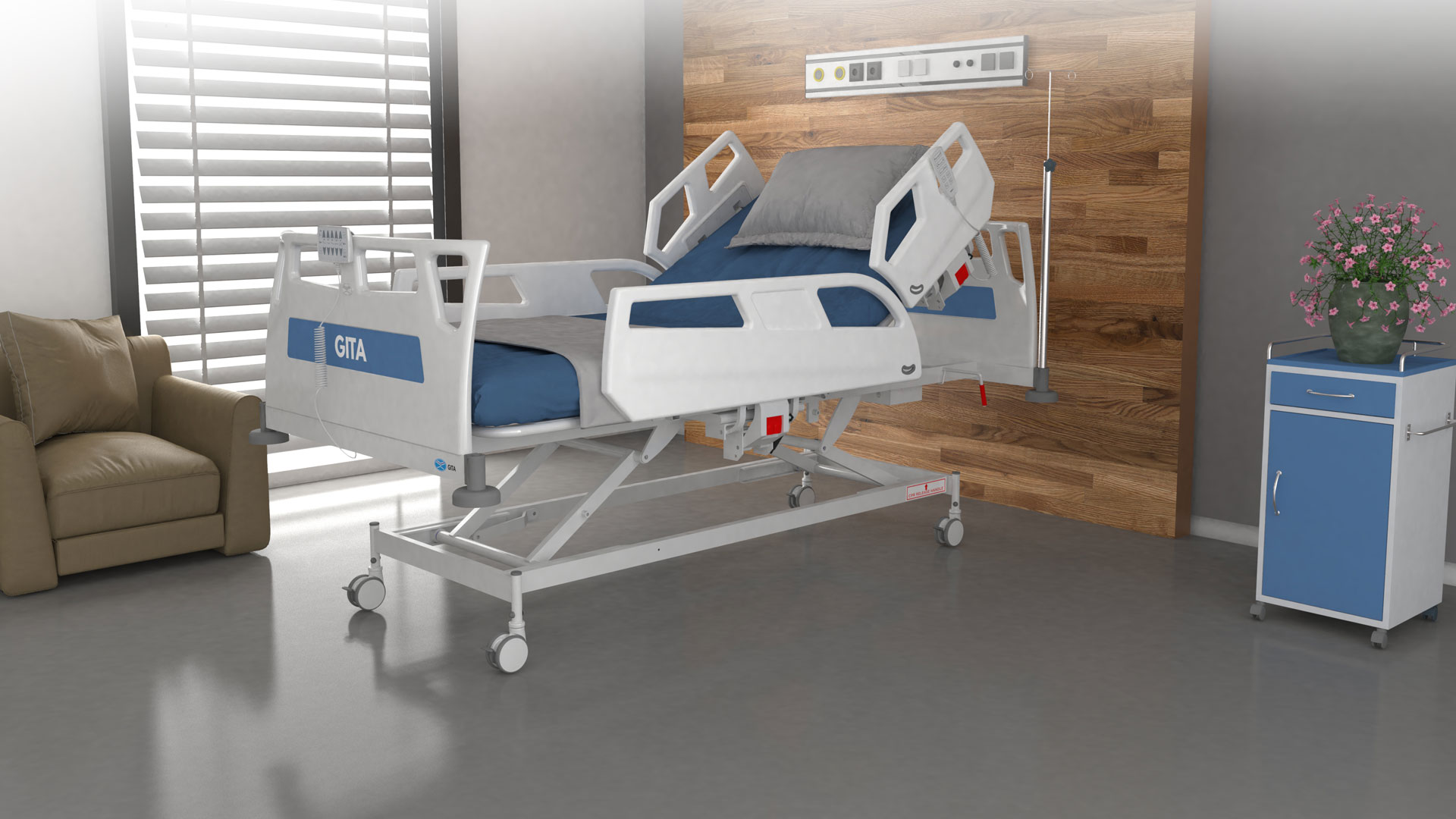
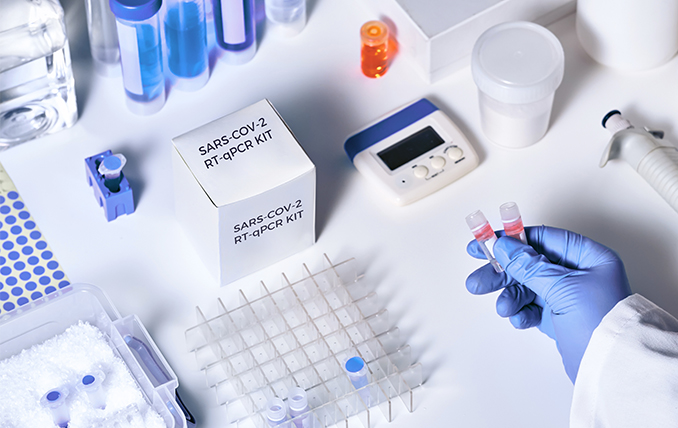

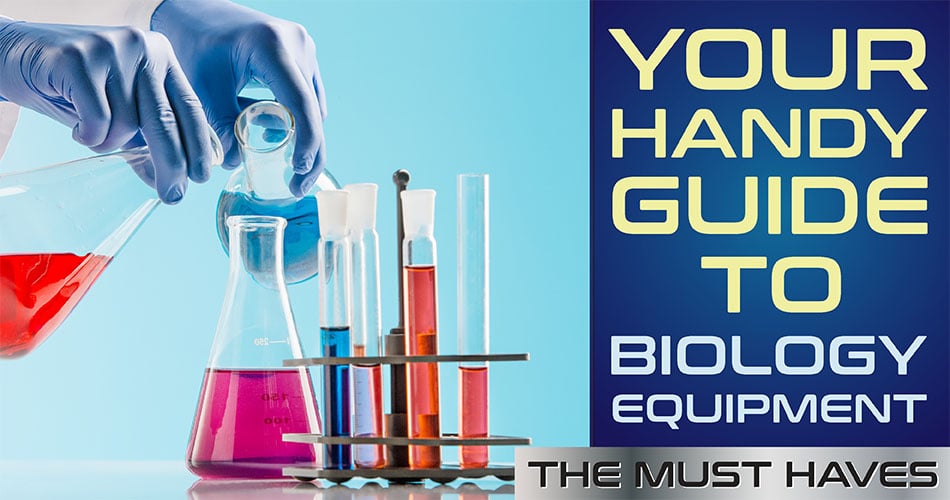
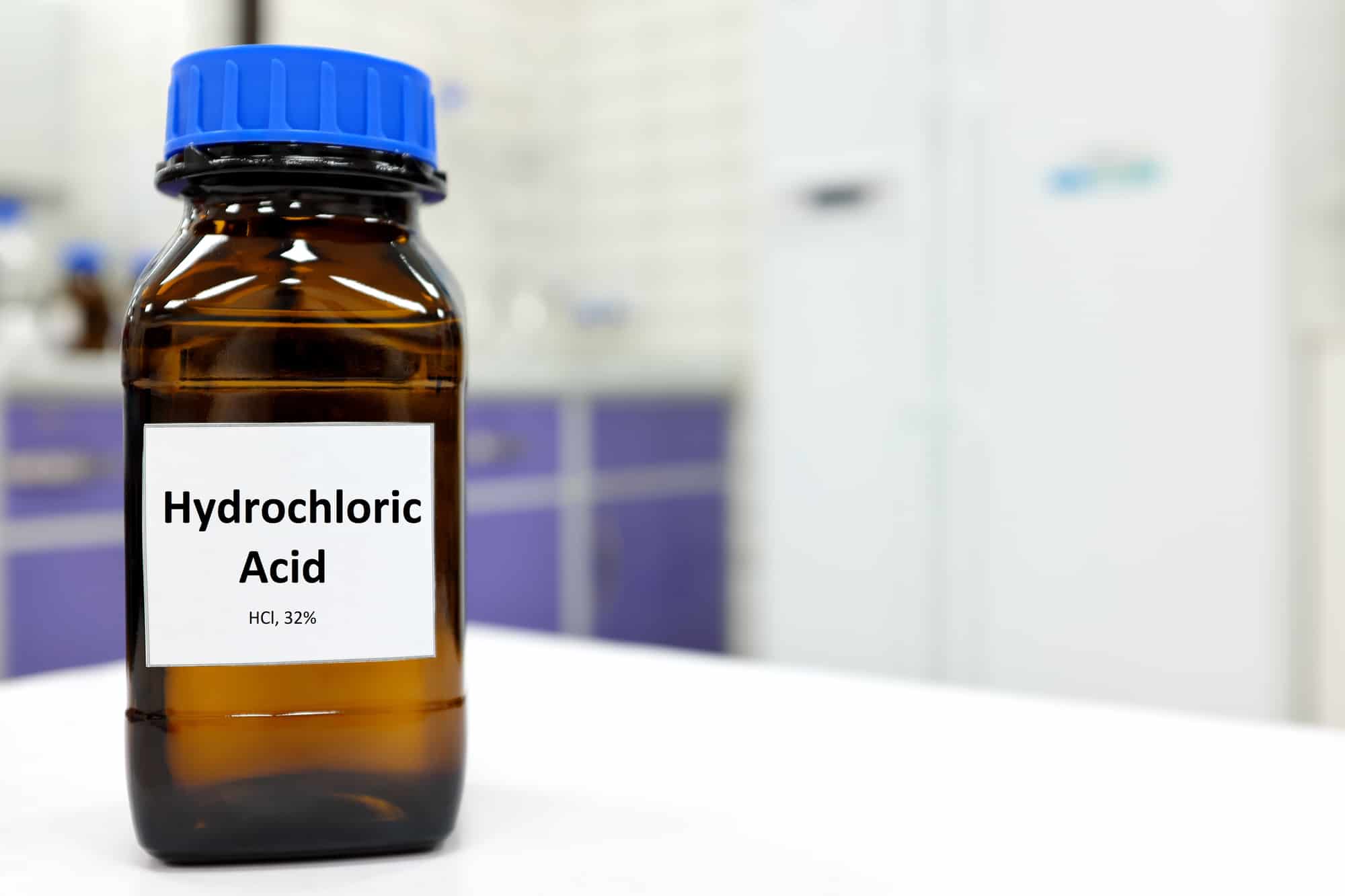

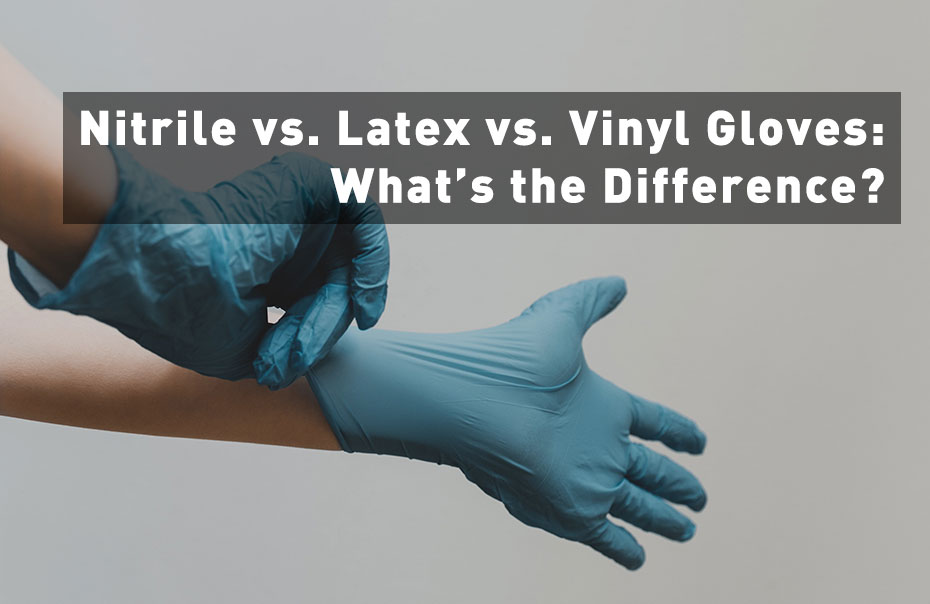
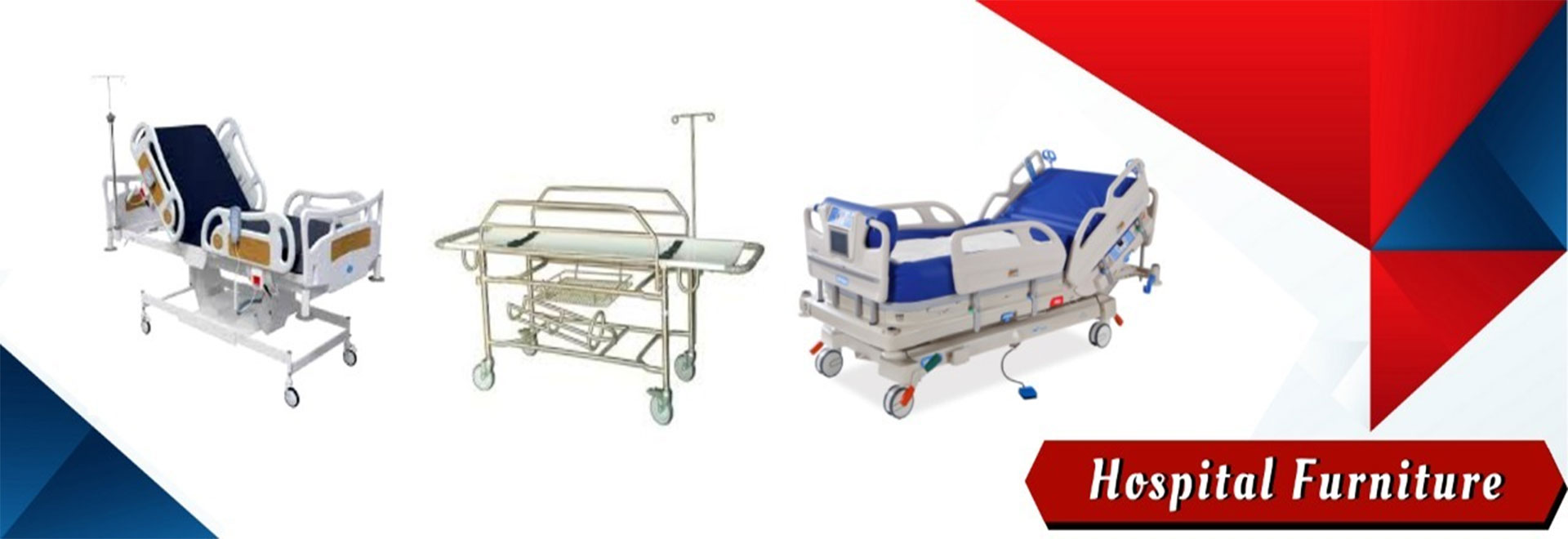

On Sale Products
-
 CBR swell Tripod
CBR swell Tripod
KSh 35,000.00Original price was: KSh 35,000.00.KSh 32,000.00Current price is: KSh 32,000.00. -
 Sodium Alginate Extrapure 250g
Sodium Alginate Extrapure 250g
KSh 19,500.00Original price was: KSh 19,500.00.KSh 15,950.00Current price is: KSh 15,950.00. -
 FOIF RTS102 Total Station Complete
FOIF RTS102 Total Station Complete
KSh 680,000.00Original price was: KSh 680,000.00.KSh 650,000.00Current price is: KSh 650,000.00. -
 Biospy Needle
Biospy Needle
KSh 3,800.00Original price was: KSh 3,800.00.KSh 3,500.00Current price is: KSh 3,500.00. -
 Biohazard Box 5ltrs
Biohazard Box 5ltrs
KSh 300.00Original price was: KSh 300.00.KSh 250.00Current price is: KSh 250.00.


While chemists and researchers are making increased use of plastic in the laboratory, glass is still the choice of many. Obviously, deciding whether glass or plastic is right for the job at hand depends on various elements such as instrument design, material characteristics, and cost. But glass is the choice of many for many good reasons.
The general properties of glass
Glass out-performs plastic with its high chemical resistance against many substances, including acids, alkalis, organic solvents, saline solutions, and water. The only substances that can destroy glass are hydrofluoric acid, strong alkalis used at high temperatures, and concentrated phosphoric acid.
Additional advantages to using glass in the lab include its dimensional stability, even at high temperatures, and its transparency. Other advantages include the fact that many sizes of many pieces of laboratory equipment are available, and glass is easy to clean. It is suitable for reagent and chemical storage, and Pyrex, a type of glass, is resilient to heat.
There are different kinds of technical glass types available, each with different properties, making them useful for differing applications. These are:
Soda-lime glass: eg. AR-Glas is suitable for short exposure to chemicals, and for limited heat stress because of its good physical and chemical properties. Products manufactured from this kind of glass include culture tubes and pipettes.
Borosilicate glass: eg. BORO 3.3, BORO 5.0 Once again, this type of glass has good physical and chemical properties. BORO 3.3 has the ability to withstand a high variety of chemicals and temperatures and has good thermal shock and mechanical stability capabilities.
What is laboratory glassware?
Laboratory glassware is a large variety of equipment used in science that has, up until the advent of some plastic alternatives, been traditionally made from glass. Glass is used in analytical laboratories, as well as in chemistry and biology.
Glass can be formed into many shapes and sizes by molding, cutting, bending, and blowing. Because of the possibility of breakage, many laboratories train first-time staff in how to use glassware in the lab correctly, and about the potential hazards inherent in working with glass.
Tips for working with glass in the laboratories
When you work with glass in the laboratory, it is important to remember its limitations in regard to mechanical stress and thermal shock. Ensure that you take strict safety measures at all times. When inducing an exothermic reaction, such as when you dilute sulphuric acid, make sure you stir and cool, and that the reaction takes place in a suitable vessel.
This could be an Erlenmeyer flask. Avoid using graduated cylinders and volumetric flasks for exothermic reactions. Do not heat volumetric instruments on heating plates or you run the risk of breakage.
Do not expose glass instruments to sudden temperature changes or to sudden pressure changes. For example, do not let air quickly into evacuated glass apparatus, and never evacuate vessels with flat bottoms. They are not designed for vacuum use. Only apply effort (not force) steadily and in a controlled manner on empty glass instruments. Use safety devices such as goggles, gloves, and screens.
The mechanical resistance of glass
In terms of thermal resistance, glass should be heated to a temperature somewhere between the lower and upper annealing point. It should be kept at that temperature for about 30 minutes. It should then be cooled according to prescribed cooling rates.
The tensile strength of glass is fairly low, a factor that is greatly enhanced by the presence of cracks or scratches. In terms of resistance to temperature changes, the glass should be properly heated and cooled so that permissible mechanical loads are not exceeded, and breakage is avoided. Different types of glass show different levels of temperature change resistance.
How glass resists chemicals
Glass reacts minimally with water and acids at the surface level. Only tiny amounts are dissolved from the glass, through which a layer of silica gel forms on the surface to stop a further attack.
Hydrofluoric acid and hot phosphoric acid do, however, prevent such a layer from forming. Alkalis do attack the glass surface at high concentrations and temperatures, sometimes resulting in the destruction of graduations of volumetric instruments, or a change in volume.
How to keep your lab glassware spotlessly clean
First of all, clean the apparatus in cold water to ensure that any protein residues are removed. Then, soak the glassware in a disinfectant solution that is mixed at the correct dilution ratio.
Use a bristle brush to remove any material adhering to the surface of the glass. Then soak again, or use an ultrasonic bath. Rinse the item in deionized water three times to remove any detergent that might be lurking. Drain on a rack, and then dry in a clean environment or a hot air oven.
-
-
Nebulizer
KSh 16,500.00Add to cartmakes managing your respiratory health easy. It’s simple to use, efficient, ensuring quick and reliable treatment for you and your loved ones.
-
Soft Cervical Collars
KSh 1,500.00Original price was: KSh 1,500.00.KSh 1,200.00Current price is: KSh 1,200.00.Add to cartSoft Foam Neck Brace Universal Cervical Collar, Adjustable Neck Support Brace for Sleeping – Relieves Neck Pain and Spine Pressure, Neck Collar After Whiplash or Injury (2.5″ Depth Collar, M)
-
Delivery Bed
KSh 40,000.00Original price was: KSh 40,000.00.KSh 39,950.00Current price is: KSh 39,950.00.Add to cartThe delivery bed that is comfortable, easy to use and ergonomic. Comfortable and ergonomic for the mother, easy to use by doctors and nursing staff. That characterizes the Nascentia delivery bed.
-
-
-
Compass with Mirror
KSh 2,850.00Original price was: KSh 2,850.00.KSh 2,500.00Current price is: KSh 2,500.00.Add to cartA professional mirror compass with top-of-the-line features for precise directional measurements globally
The advanced navigation compass. When venturing out into new territory, these sighting compasses offer precision navigation with a variety of carefully engineered and dependable features for challenging conditions.
PRODUCT HIGHLIGHTS
Fast, globally balanced needle with jewel bearing
Sighting tools for accurate direction taking
Adjustable declination correction -
CBR swell Tripod
KSh 35,000.00Original price was: KSh 35,000.00.KSh 32,000.00Current price is: KSh 32,000.00. -
Medex 4″x 4″ 8Ply Sterile Gauze Swabs
KSh 1,800.00Original price was: KSh 1,800.00.KSh 1,600.00Current price is: KSh 1,600.00. -
Human Stomach Pancreas Anatomical Model
KSh 5,000.00Original price was: KSh 5,000.00.KSh 4,100.00Current price is: KSh 4,100.00.Add to cartHelp a better understanding of human stomach structrure
Also a good addition for lab ornament supplies
Material: PVC Material -
Ambulance Stretcher
KSh 150,000.00Add to cartAmbulance stretchers make it possible to lift even heavy patients
into the ambulance. Stretchers are used in the medical profession to carry an injured person when they are incapacitated to the extent that they cannot walk, move, or if they are unconscious. -
Ambu bag Paediatrics
KSh 3,500.00Add to cartThe Ambu Oval Plus Silicone Resuscitators has been constructed to use the Mark IV patient vale, the Mark IV inlet valve and the reusable oxygen reservoir. With the compatibility to Mark IV the amount of spare parts need to be maintained during the regular use.
The Ambu Bag Resuscitators is made out of a view parts that can be disassembled easily. The whole Resuscitator can easy be cleaned and autoclaved at a temperature of 134° Celsius.
The unique shape is small and easy to hold. The ergonomic, lightweight design of Ambu Oval Silicone Resuscitator is made for optimal user handling. The Ambu Oval Plus Silicone resuscitator has a special textured surface combined with the unique support strap to ensures that a comfortable and firm grip is guaranteed, allowing for effective ventilation over extended periods, without the problem of hand fatigue.
The resuscitators are semi-transparent allowing for a visual check of the patient’s condition. A pressure limitation valve is optional for the adult version and has been included into the design of the pediatric versions to ensure the safety of the patient
Related
Written by labsoko

Testimonials

Mount Everest Clinics
We have been purchasing products from labsoko for the past few months, and we can attest that they supply quality products with very professional approach.

Dr. Stela
Thank you labsoko, you are God sent, it has become easy for us to order our hospital's equipment's and get delivered on time. Asanteni!!!
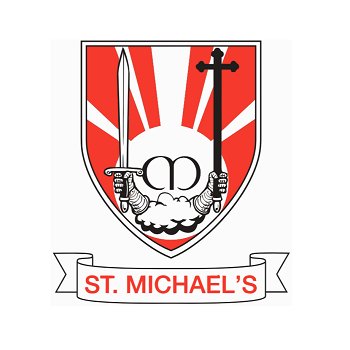
St Michaels High Scool
All our lab equipments have been restocked from labsoko.com website. We were recommended by a lab technician to you and all we can say is that YOU DELIVER. Keep it up guys
Latest Products
-
 Smart2Pure™ UV/UF 12 ltrs Water Purification System
KSh 2,500,000.00
Smart2Pure™ UV/UF 12 ltrs Water Purification System
KSh 2,500,000.00
-
 VeritiPro™ Thermal Cycler, 96 well
KSh 1,695,000.00
VeritiPro™ Thermal Cycler, 96 well
KSh 1,695,000.00
-
 Kolida KTS-491R10LC Digital Total Station
KSh 1,350,000.00
Kolida KTS-491R10LC Digital Total Station
KSh 1,350,000.00
-
 Ohaus MB120 Moisture Meter
KSh 995,000.00
Ohaus MB120 Moisture Meter
KSh 995,000.00
-
 Leica Sprinter 250 Digital Level
KSh 698,500.00
Leica Sprinter 250 Digital Level
KSh 698,500.00
-
 Kolida K1 PRO Receiver
KSh 675,000.00
Kolida K1 PRO Receiver
KSh 675,000.00
-
 Kolida KTS-442UT Total Station Set
KSh 675,000.00
Kolida KTS-442UT Total Station Set
KSh 675,000.00
-
 FOIF RTS102 Total Station Complete
FOIF RTS102 Total Station Complete
KSh 680,000.00Original price was: KSh 680,000.00.KSh 650,000.00Current price is: KSh 650,000.00. -
 Leica- Sprinter 150 Digital Level
KSh 560,000.00
Leica- Sprinter 150 Digital Level
KSh 560,000.00
-
 DP 20 Portable Ultrasound Machine
DP 20 Portable Ultrasound Machine
KSh 550,000.00Original price was: KSh 550,000.00.KSh 510,000.00Current price is: KSh 510,000.00.
Recent Articles
- Success Story Of A New Clinic After Purchasing All Hospital Equipment’s Online
- Hospital Furniture In Kenya
- Hospital Diagnostic Kits In Kenya
- Hospital Equipment’s In Kenya
- Understanding & Starting an ovulation test kit business in Kenya
- Teacher’s Guide to Lab Supplies Needed for Biology in Kenya
- Understanding Hydrochloric Acid And Where To Buy In Kenya
- An Overview of Nitric Acid and Its Uses in Kenya
- What’s the difference between Nitrile, Vinyl And Latex Gloves?
- Hospital Furniture’s In Kenya; Buying Tips



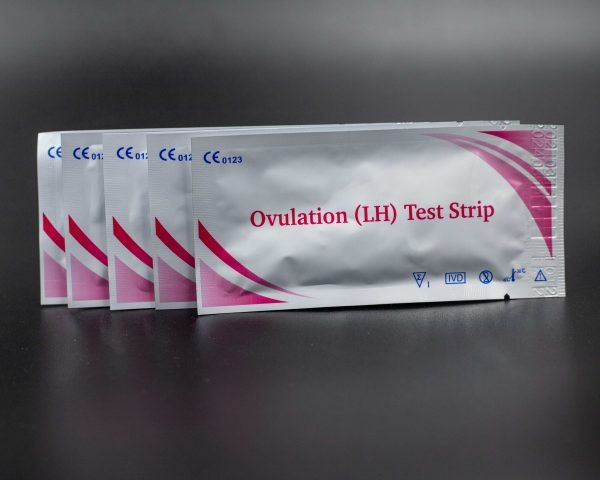










Leave a Reply